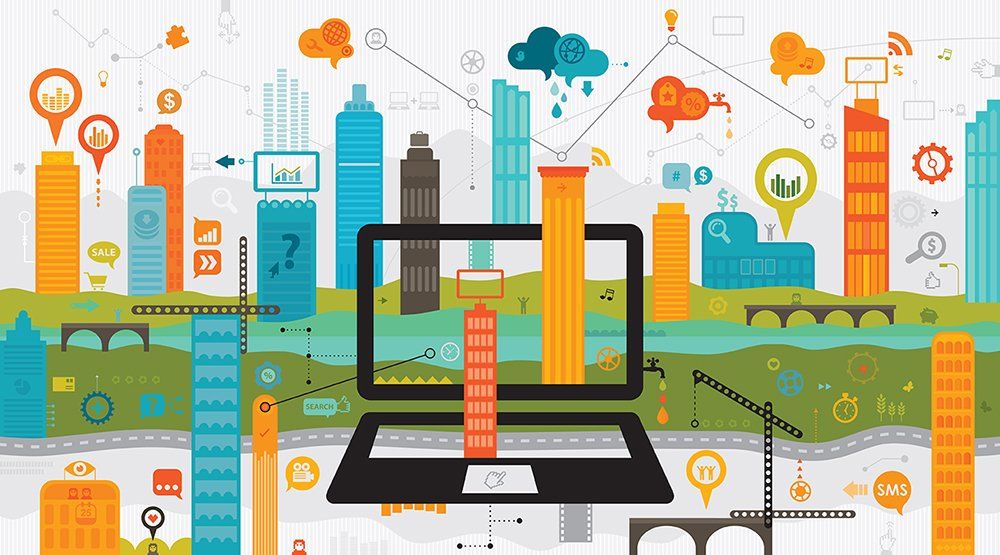Trending Blogs


DIGITAL TRANSFORMATION IN THE AUSTRALIAN EDUCATION INDUSTRY

TRANSFORMATION IS THE NEW BUZZ WORD THESE DAYS. WHAT DOES THE WORD ACTUALLY MEAN? ACCORDING TO THE CAMBRIDGE DICTIONARY, TRANSFORMATION IS DEFINED AS: A COMPLETE CHANGE IN THE APPEARANCE OR CHARACTER OF SOMETHING OR SOMEONE, ESPECIALLY SO THAT THING OR PERSON IS IMPROVED. THEN WHAT DOES DIGITAL TRANSFORMATION MEAN? SALESFORCE HAS DEFINED IT AS THE PROCESS OF USING DIGITAL TECHNOLOGIES TO CREATE NEW - OR MODIFY EXISTING BUSINESS PROCESSES, CULTURE, AND CUSTOMER EXPERIENCES TO MEET CHANGING BUSINESS AND MARKET REQUIREMENTS.
For many decades, the education industry in Australia remained stagnant, not changing with the times, failing to compete with other industries. It is only in recent times that the status quo has been challenged within the sector. Primary schools through to higher education institutions are being pushed to change to remain competitive both domestically and internationally. Most industries have been through the growing pains of digital transformation, but the education industry is only going through it now. What are the reasons that this industry has been late to the game?
Fear of change
Human beings by nature get used to doing things a certain way and there is a fear or reluctance to leave their comfort zone. When a new system or technology is introduced, we are afraid to learn new skills, we are afraid of failure. Education institutions have historically been built on tradition and letting go of those traditions, systems and processes of how things have always been done has been a road block to the industry progressing and growing.
Lack of resources
The right knowledge, skills and experience are at the very core of innovation. The lack of expertise and resources has been the biggest challenge in the digital transformation age. Education institutions are having to compete with other higher paying industries for highly skilled talent.
System integration
The importance of existing legacy systems within organisations are undeniable. They hold vital information that education institutes can't afford to lose. New systems however are not always compatible with legacy systems and this is where organisations have no choice but to pay more for a custom integration or an upgrade.
Putting it into action
Translating strategy into an actual plan of action is the biggest challenge for any organisation. A business process needs to be identified and it shouldn't be too complicated or too simple, there needs to be substance to it and realistic budgets, timelines and goals need to be set to ensure the digital transformation succeeds.
The success of digital transformation within the education industry starts with leadership and not technology. If the people at the top promote and embrace change, it will have a domino effect onto the employees. Board of directors, C-suite level executives, business partners and academics all need to be advocates of technology in order to truly transform the education industry.
If you would like to know more about the education industry, are looking for new opportunities or would like assistance with project resourcing, please don’t hesitate to reach out.
Wendy Young
Consultant
Project Resource Partners
Level 29, 360 Collins Street, Melbourne VIC 3000 Australia
T +61 3 9949 8100
D +61 3 9949 8169
E wyoung@projectresourcepartners.com.au


